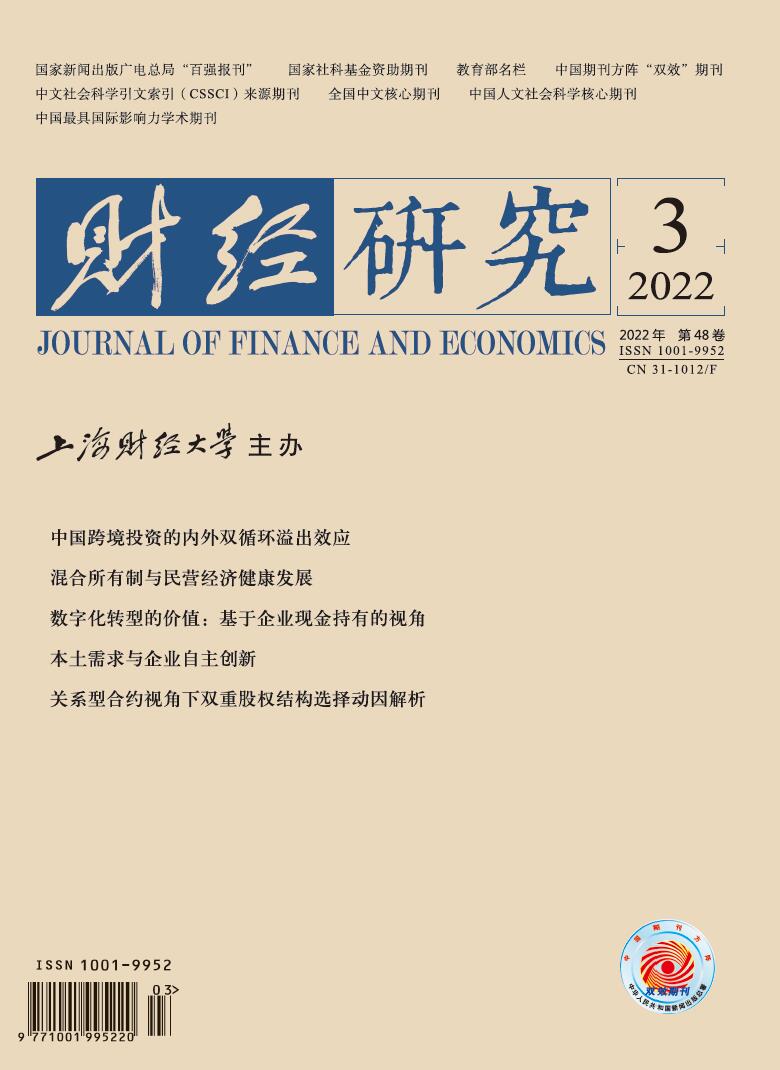From the perspective of most emerging market economies in the world and China itself, the pro-cyclical characteristics of fiscal policy are a reality that has occurred (or is occurring). What impact does pro-cyclical fiscal policy have on the business cycle, and what is the difference between its economic effect and counter-cyclical fiscal policy? When considering business cycle and fiscal cycle, will the effectiveness of fiscal expenditure change significantly? Further, through what channels does China’s fiscal policy act on economic growth? Clarifying these problems not only helps to understand the internal correlation mechanism between business cycle and fiscal cycle, but also has important expanding significance for the theory of fiscal multiplier, and deepens the understanding of China’s local government fiscal policy behavior.
This paper comprehensively employs Hamilton filter, TVP-VAR model and instrumental variable local projection method, and carries out relevant research from the perspective of China’s macro level and provincial level. It is found that: Firstly, in the face of major negative impact, business cycle contraction promotes fiscal policy expansion, and fiscal policy expansion plays a significant role in promoting economic recovery. Secondly, from the provincial level, the multiplier of local fiscal expenditure is higher in the period of economic contraction, which is also applicable to the three economic regions of the eastern, central and western regions. Thirdly, pro-cyclical fiscal policy is an important policy factor leading to China’s business cycle fluctuations, especially in the eastern and central regions. The multiplier effect of pro-cyclical fiscal policy is very significant. Lastly, the fiscal policy of local governments mainly acts on economic growth through investment channels, but has little significant impact on residents’ consumption.
The research of this paper provides three policy implications: Firstly, considering the information of regional business cycle, we should improve the counter-cyclical and accurate regulation of fiscal policy. Secondly, we should continue to maintain the “high multiplier effect” of fiscal policy on investment, optimize the fiscal expenditure structure, and give play to the leading role of fiscal policy on residents’ consumption, so as to promote the quality and efficiency of fiscal policy. Lastly, to carry out the cross-cycle optimal design of fiscal policy, we must adhere to counter-cyclical regulation, promote the quality and efficiency of fiscal policy, and ensure the long-term sustainability of fiscal policy.





 3825
3825  5814
5814

